UPDATE: Major backlash is erupting as Halo co-creators slam the U.S. government’s controversial use of Halo imagery in a recent social media post. In a shocking twist, the Department of Homeland Security (DHS) shared an advertisement featuring a Halo-themed image with the inflammatory caption: “Destroy the Flood.” This statement, drawing a parallel between the parasitic alien creatures in Halo and immigrants, has been labeled “absolutely abhorrent” by key figures in the gaming community.
Just this week, the DHS utilized the iconic Halo franchise to promote immigration enforcement, echoing alarming rhetoric that likens immigrants to parasites. The post was part of a campaign that included an AI-generated image of former President Donald Trump in a Master Chief suit, which many found offensive. The Halo franchise has historically been a source of pride for gamers, making this appropriation particularly unsettling.
In an exclusive interview, Marcus Lehto, co-creator of Halo and former art director at Bungie, expressed his disgust: “It really makes me sick seeing Halo co-opted like this.” His sentiments were echoed by Jaime Griesemer, design lead on Halo 2, who stated, “Using Halo imagery in a call to ‘destroy’ people because of their immigration status goes way too far.” Griesemer emphasized that such comparisons are deeply inappropriate, stating, “The Flood are evil space zombie parasites and are not an allegory to any group of people.”
This incident marks a disturbing trend in using popular culture to further divisive political agendas. The language employed in the DHS post draws dangerous parallels to historical human rights violations, as noted by journalist Stephen Totilo in his report for GameFile. He pointed out that likening any group to parasitic entities is not only inflammatory but also echoes some of humanity’s darkest moments.
As the controversy unfolds, the gaming community is left grappling with the implications of such rhetoric. The White House and Microsoft have remained largely silent on the matter, with Microsoft stating it “does not have anything to share on this matter,” which many feel inadequately addresses the situation.
The fallout continues as critics demand accountability and a reevaluation of how public figures and organizations engage with popular culture. As the implications of this controversy resonate, calls for change within the industry grow louder.
Next Steps: Watch for potential responses from Microsoft and further statements from gaming industry leaders. The Halo community is mobilizing to express its outrage, and discussions surrounding the ethical responsibilities of using cultural icons in political discourse will likely intensify.
This developing story is sure to ignite conversations across social media platforms. Stay tuned for updates as this situation evolves.







